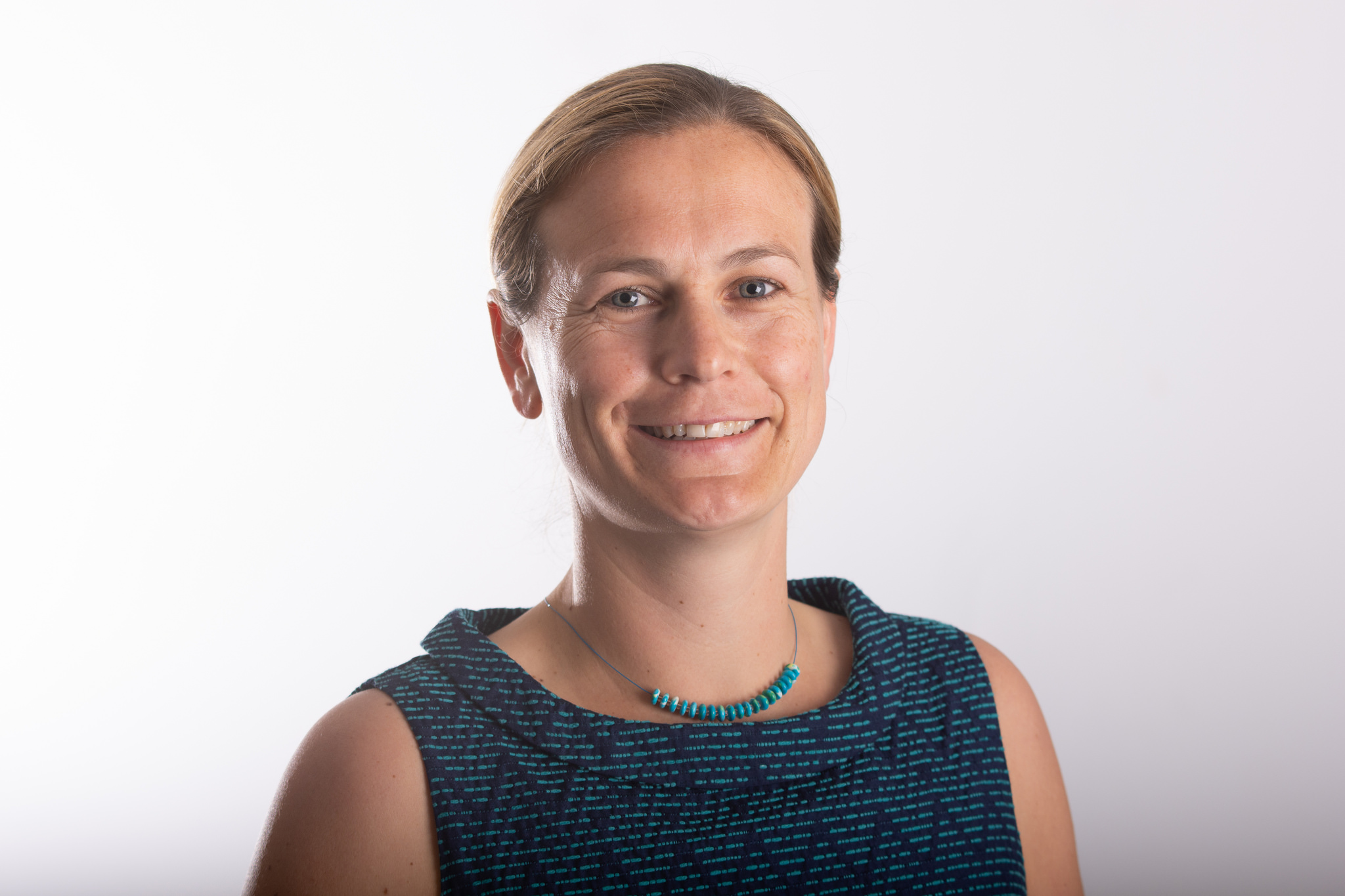Wills made online are more likely to include a gift to charity, research has found.
Legacy Futures has released key findings from its 2024 research into online wills. The study, conducted as part of Legacy Futures’ Digital Legacy Insights programme, looked at online wills from a consumer perspective to shed light on the motivations and behaviours of those choosing to create wills online, as well as the role charities play in the space.
Almost one in ten wills made are now made online, a figure that is set to grow over the next few years as online channels become increasingly viewed as a more convenient and affordable way to make a will.
For a large number of charities, online wills are being used to attract and engage would-be donors, providing an effective, scalable and measurable way to generate legacy gifts.
The research brought to light opportunities and challenges associated with the increasing popularity of online wills.
Key findings include:
- Nearly one in ten (9% of) people who have created a will have done so online, and one in five who have yet to make a will plan to do so online.
- Wills made online are more likely to include a charitable gift.
- Online will makers are more likely to be younger, have a higher household income, be working, single and have children than the average will maker; however, a significant proportion are aged 65+.
- Charities’ association with online will providers and products lend credibility and trust, serving to endorse them.
However, some key challenges were identified and include:
- Confusion exists around the role of the charity in the online will making process, with some people unsure whether they are ‘supporting’ the charity just by using the service, or believing the service is part of the charity’s provision.
- Many consumers assume that all online will products are broadly the same. When carrying out research to decide which provider to use, their focus is more likely to be on ensuring the company is reputable and that the process of making the will is smooth rather than the finer details and terms and conditions of the individual product and whether it fits their requirements and circumstances.
- The research also found that a consumer’s journey to making an online will is not linear; long time lags were reported between the initial consideration (to leave a legacy gift) and the action (to commit to the gift in a will).
- As consumers go through the online will-making process, moving from consideration to execution, the visibility of the charity often reduces, with the online will provider becoming more prominent.
Considerations for charities
The research flagged areas for charities to be aware of when forming online will partnerships and promoting this service.
Clarity and transparency: charities need to be clear about their offering, why they are offering it and their role in the process, so consumers understand their motivations and how to support them.
Optimising the potential for gifts: given that online wills are attracting a larger proportion of younger consumers, charities need to consider how to effectively steward supporters over a longer period.
Managing risk: as consumers are more likely to trust an online will provider due to its association with a charity, charities must make sure that they understand the finer details of each of the products and that their chosen partners are offering quality, ethical and compliant products.
Anna Turner, head of research and insight at Legacy Futures, said: “These findings provide valuable insight into how consumers are using online wills and highlight their growing significance in legacy fundraising. As more people opt for digital will creation and providers enhance their offerings, this trend is set to continue, shaping the future of charitable giving through online wills. This is potentially very exciting for charities, for whom the trend presents further opportunities to garner legacy supporters.
“With younger people being increasingly digital first and more likely to turn to the internet for advice and conduct their financial affairs online, it is likely that a significant proportion of new people entering the will making market will gravitate towards an online option.”
Download the public briefing here
Latest News
-
X-odus sparks video content boom among charities, report finds
-
Charity handed £25m endowment from autistic philanthropist to help others with the condition
-
Civil Society Covenant blighted by delays and U-turns, report warns
-
More than 30 jobs at risk as hospice charity looks to close home care service
-
Cranfield Trust: A guide for charity leaders on navigating local authority devolution
-
Friday funding roundup - 20 February
Charity Times video Q&A: In conversation with Hilda Hayo, CEO of Dementia UK
Charity Times editor, Lauren Weymouth, is joined by Dementia UK CEO, Hilda Hayo to discuss why the charity receives such high workplace satisfaction results, what a positive working culture looks like and the importance of lived experience among staff. The pair talk about challenges facing the charity, the impact felt by the pandemic and how it's striving to overcome obstacles and continue to be a highly impactful organisation for anybody affected by dementia.
Charity Times Awards 2023
Mitigating risk and reducing claims

The cost-of-living crisis is impacting charities in a number of ways, including the risks they take. Endsleigh Insurance’s* senior risk management consultant Scott Crichton joins Charity Times to discuss the ramifications of prioritising certain types of risk over others, the financial implications risk can have if not managed properly, and tips for charities to help manage those risks.
* Coming soon… Howden, the new name for Endsleigh.
* Coming soon… Howden, the new name for Endsleigh.
Better Society

© 2021 Perspective Publishing Privacy & Cookies














Recent Stories